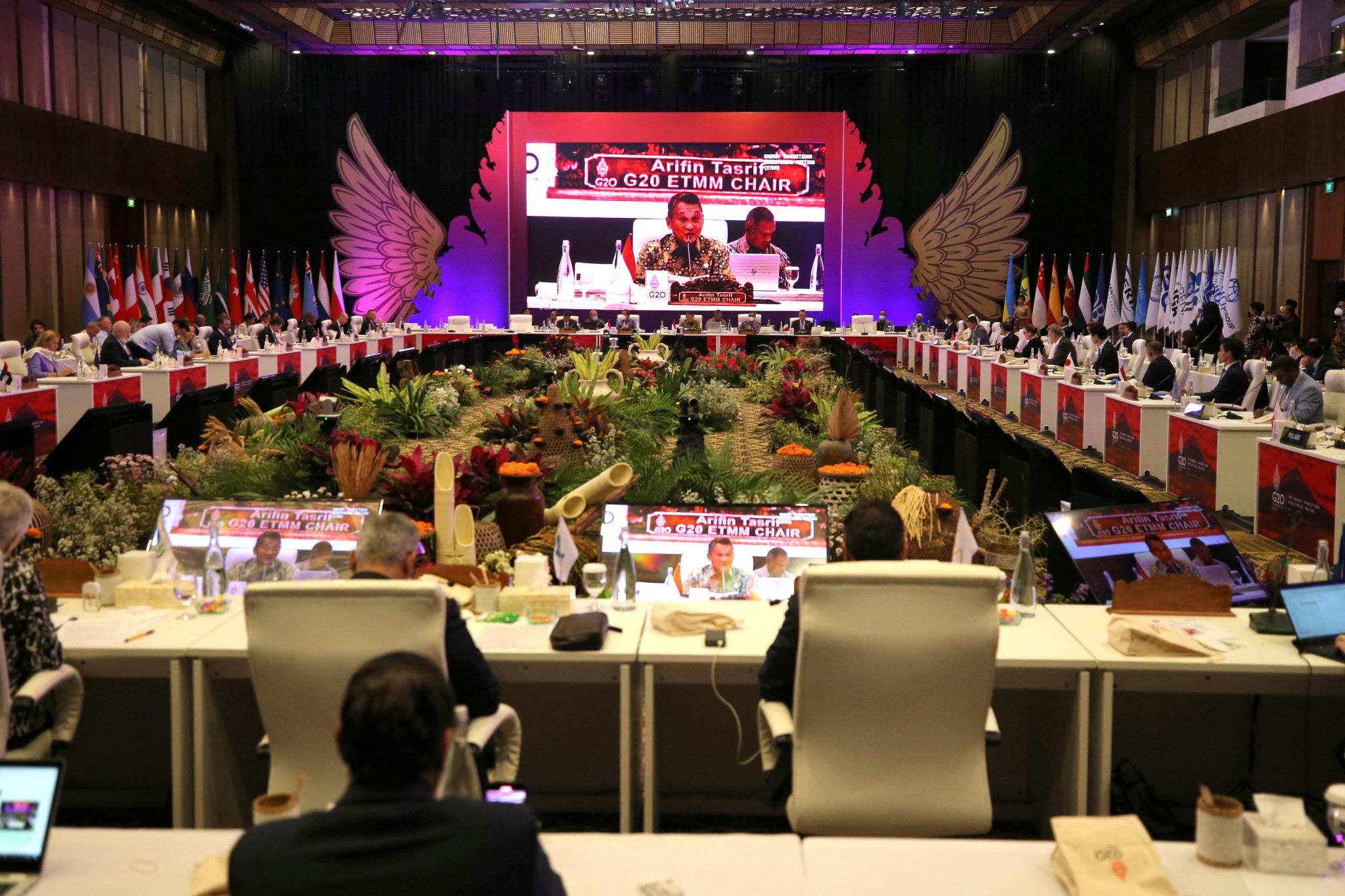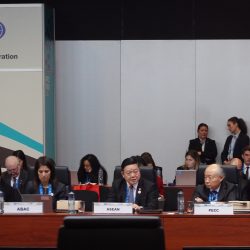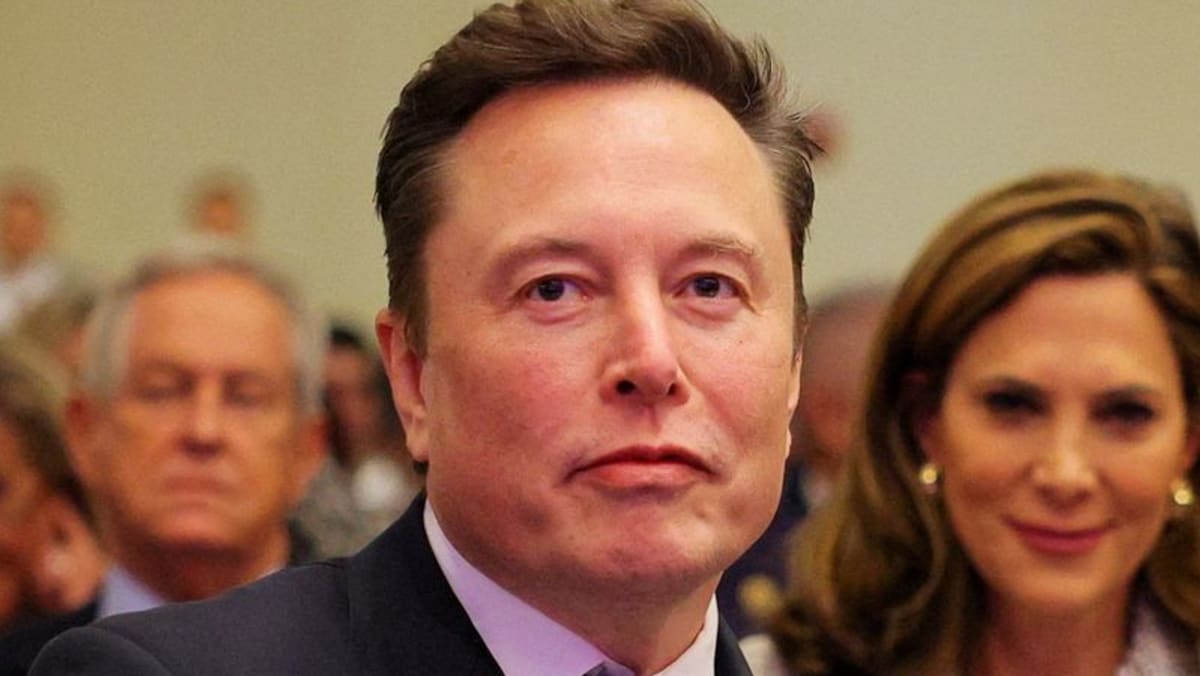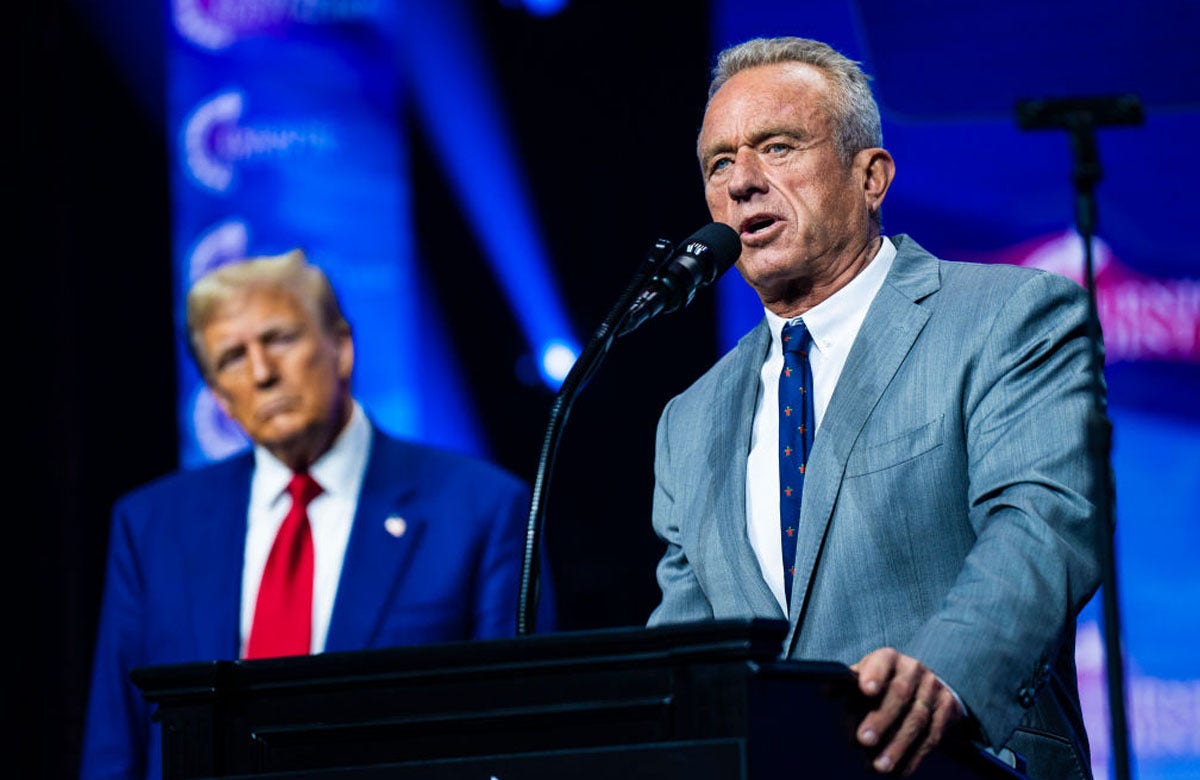Author: Frank Jotzo, ANU
Energy is high on the G20 agenda. The need to cut carbon emissions quickly and sharply is becoming increasingly urgent. Fortunately, it is becoming clearer how the global zero-carbon energy transition can be done technologically.
Yet the dominant concern in 2022 is energy availability and affordability, as Russia’s invasion of Ukraine has derailed global supply chains. While there are no easy fixes, G20 leaders and energy ministers should agree on some principles and actions that will help deal with the immediate crisis without compromising longer-term decarbonisation objectives.
To promote energy affordability in the face of the necessary and justified sanctions against Russia, it is essential to keep wider energy trade free, investment frameworks open and use the tax and transfer system to help with energy affordability. And at a practical level, the G20 could create an ongoing forum for exchange on best practice on energy transition.
As we are seeing across the world, the instinctive response to supply chain pressures is to look inward. Some energy exporters are tempted to constrain exports to insulate domestic consumers from high energy prices.
Energy importers are fostering investment in energy supply at home and may subsidise these investments in the name of energy security. Both these courses of action have their rationales. But they carry big collective costs — costs that G20 leaders should have front of mind.
One country’s lower domestic energy prices — achieved through export restrictions such as domestic ‘gas reservation’ policies — are another country’s higher energy prices. And it is a slippery slope — where to stop such market interventions?
It is not only about economic efficiency but importantly about preconditions for private investment. The global energy transition will need very large annual investments, much of it in Asia. The money will come mainly from the private sector. The key role for governments is to facilitate private investment flows, and that is best done through open trade and investment frameworks.
To improve energy affordability it is better to rely on the tax system. Governments can tax some of the excess profits that energy supply companies are making and redirect this revenue towards low-income households and possibly businesses. This should be done through lump sum transfers — not by subsidising energy. That way businesses and consumers retain the full incentive to invest in energy efficiency.
Fears of energy supply insecurity are understandably driving policy decisions right now, especially in Europe. In some cases this means more coal mining and oil and gas extraction, but for the most part it will mean accelerated investment in renewable power. For example, there is an opportunity to backfill Russian gas in Europe through a new green hydrogen and ammonia import supply chain. These low or zero-emissions fuels will generally be cheaper to produce in countries with low population density and strong renewable energy potential, and Australia is perfectly placed to supply them.
Energy importing countries should consider these opportunities for future zero emissions trade when devising their domestic energy and industrial policies. The global energy transition is underway and will gather pace as new energy technologies mature and the climate change imperative intensifies.
A very low carbon energy supply system — with a large role for renewables — will replace the largely fossil fuel-based one. The coal industry will taper out, and gas and oil will follow suit. Energy will typically be produced in a more decentralised fashion, with increasingly smart integration of energy supply and demand. Energy use will be electric rather than combustion-based, triggering a complete revamp of equipment and supply structures in transport, industry and housing.
There will be ruptures in the fossil fuel industries of many countries. Sweeping economic adjustments and heavy social pressures will add to the burden. Annual investments in energy production and infrastructure will need to rise rapidly if climate change objectives are to be met.
Communities will demand that governments drive and manage the transition — industry leaders and financiers are already looking to governments for guidance. Many G20 governments are already dealing with the energy transition through policy, regulation and their own investments. The research sector and civil society are also seeking and finding solutions.
While specific challenges differ according to country context, there are many commonalities. A platform that encourages and facilitates information sharing between G20 countries about their energy transition experience would be beneficial. This could take the form of a standing G20 forum for exchange on best practice in energy transition.
Such a forum would comprise government officials, academics, think tanks, business associations and unions. It would provide an opportunity at the working level to swap insights into what works, what does not and why. Operating at arm’s length from political negotiations, and with strong roles for the research and business sectors, such an institution would build trust and encourage the honest brokering of policy experience.
It would cover topics such as taxes and subsidies, government investments, research and development support and green banks, and climate finance and carbon markets. It would also help strengthen the government and independent institutions that guide the energy transition, regulatory and market reform suitable for zero emissions industries, industry and trade policy and social support.
A G20 forum for the exchange of best practices in energy transition could meet in the margins of every G20 meeting and interact both with the governmental G20 process and the Think 20 and Business 20 groups. Establishing such a forum could be a suitable part of Indonesia’s G20 legacy.
Long-term thinking must be at the centre of the global energy transition. G20 countries need to work together to contain energy security problems without compromising climate change goals. Sound economic policy can help get the job done even in difficult times.
Frank Jotzo is Head of Energy at the ANU Institute for Climate, Energy and Disaster Solutions and Professor at Crawford School of Public Policy, ANU. He is a co-chair of the T20 task force on Climate Change, Sustainable Energy and Environment during the Indonesian G20 Presidency.





















Discussion about this post